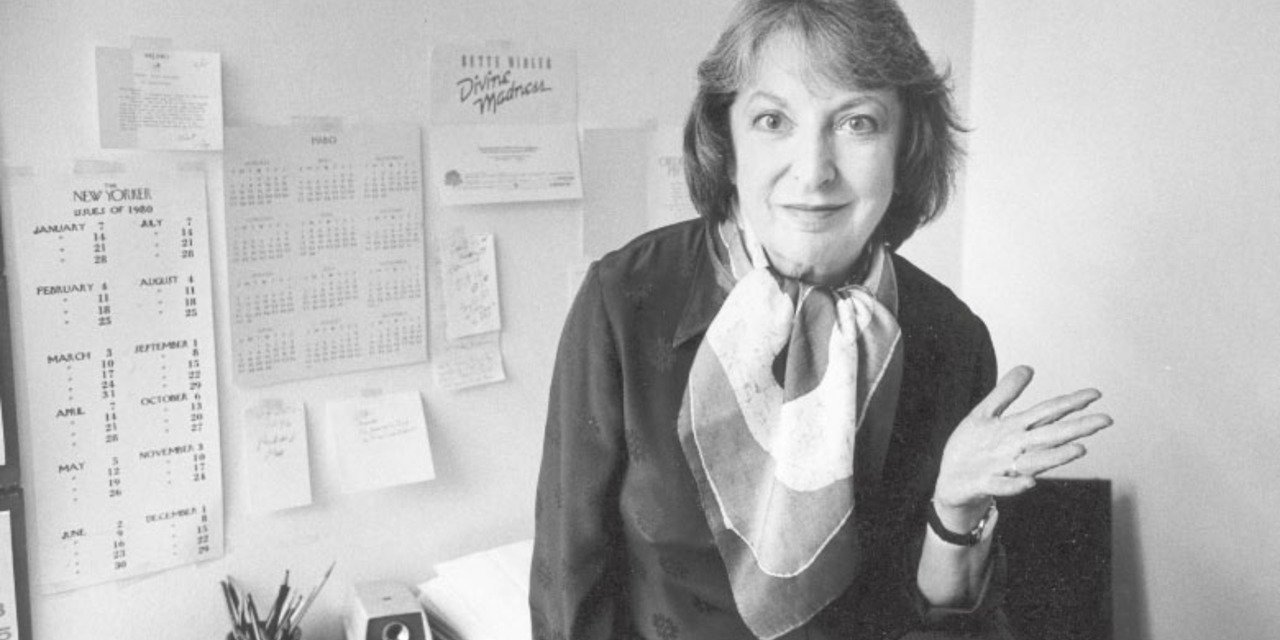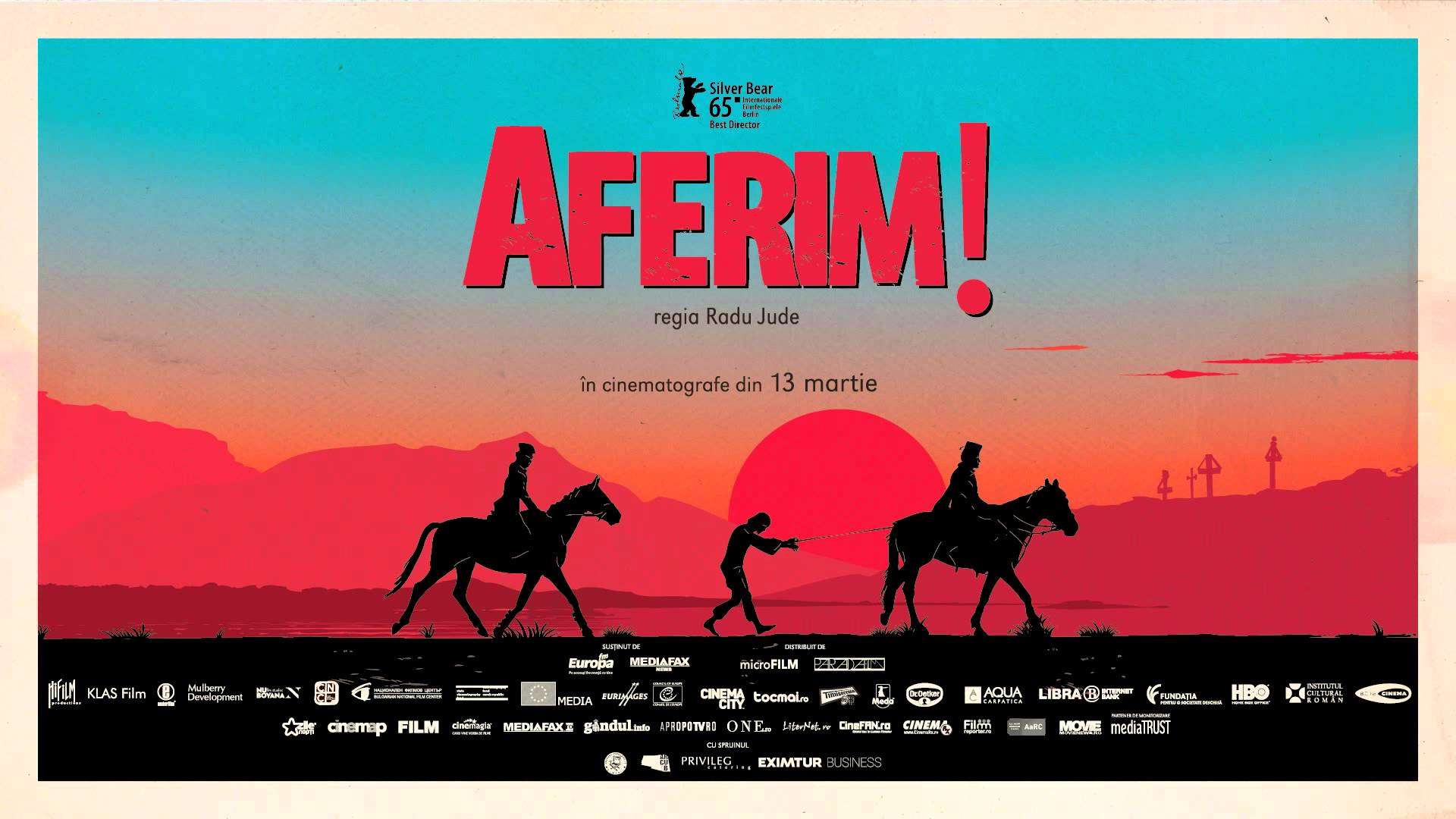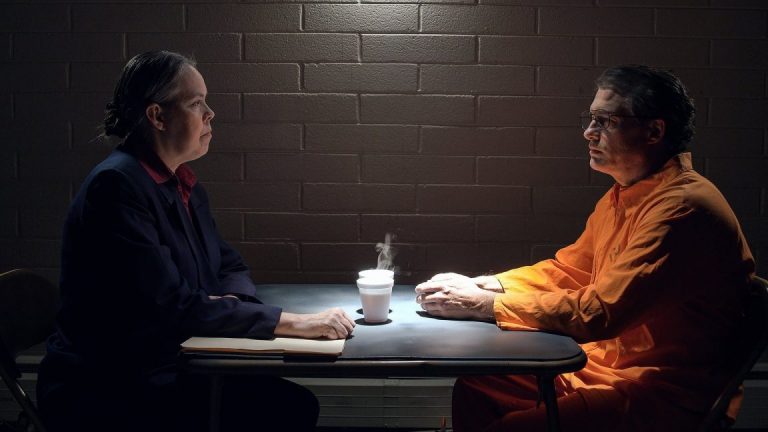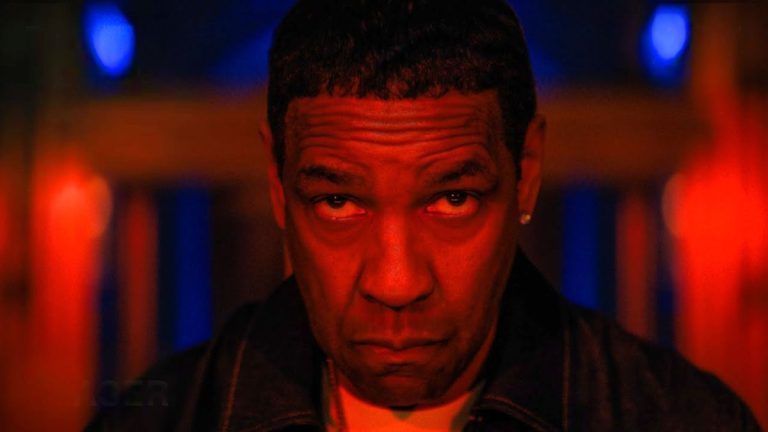One of the greatest and most fiercely opinionated film critics is celebrating her bicentenary. Although she died age 82 in 2001, today marks her 100th birthday, the great Pauline Kael, who excelled as a wholly entertaining, bitchy, ecstatically harsh, disruptive, and utterly and contagiously passionate critic of films, being even more argumentative and aggressive than her male counterparts.
Kael gave film criticism a slightly less academic and more personal edge, incorporating autobiographical elements if they served to convey her emotional experience further. “I worked to loosen my style,” she said. “To get away from the term-paper pomposity that we learn at college. I wanted the sentences to breathe, to have the sound of a human voice.”
She didn’t make a living off this work until she was at least 45, but by 48, she had written the “overlong” Bonnie and Clyde review, which has been since regarded as a seminal piece of film criticism – the review was written for McCall’s, which they refused publish due to its length, but it was picked up by The New Yorker and she began the main chapter in her life as a critic there. The review may also be considered instrumental in establishing the New Hollywood Movement, as this review was one of the very few positives ones the film received at the time, but it ignited its popularity, as well as the popularity of the movement. Pauline Kael was somewhat Warren Beatty’s critic equivalent of the New Hollywood Movement.

At the time, her contemporaries felt she had too colloquial and brash a style for The New Yorker, but thankfully she was allowed to write there and write with such little regard for brevity. Her reviews there were compiled into a few books throughout the ‘60s, ‘70s, and ‘80s, all with very suggestive titles – I Lost It At the Movies, Kiss Kiss Bang Bang, Going Steady, Deeper into Movies, When the Lights Go Down, Taking It All In – the sensuality of being a film-goer was palpable in her work, though even more of the nose (or other bodily appendages) with these book titles.
She wasn’t a film critic that made friends with filmmakers – she repeatedly shat on the work of Clint Eastwood, Michael Winner, and most of the popular directors from the ‘80s who liked their screen violence (which honestly makes her sound now a bit prudish). Yet her harsh criticism didn’t make her an enemy, but an ally of great art in cinema. She was respected by many filmmakers for her honesty, whether or not she liked their films.
It’s peculiar she rejected the auteur theory when it came to directors because she seemed like an auteur critic herself. She even is mostly admired by the auteur filmmakers like Quentin Tarantino, Wes Anderson, and Paul Schrader (who knew her personally from a young adult age) and critics like A.O. Scott, Elvis Mitchell, David Edelstein, and Armond White, have been enormously influenced by her, to say the least. After 100 years, and eighteen years after her passing, she still reverberates throughout both the film critic and filmmaking communities.
As opposed to the franchise-loving, prejudice joyful, binary Rotten Tomatoes age of film criticism, Pauline Kael would hardly belong given her mostly negative, but thoroughly multi-faceted opinion she may have had on the current state of films.

![Sub-Zero Wind [2019]: ‘NYAFF’ Review – An Uneven Tale about Growing up in the shadow of an economic crisis](https://79468c92.delivery.rocketcdn.me/wp-content/uploads/2019/07/Sub-Zero-Wind-highonfilms-768x432.jpg)

![The 3rd Eye 2 Netflix Review [2019] – A Rehashed Narrative that falls Flat](https://79468c92.delivery.rocketcdn.me/wp-content/uploads/2019/06/The-3rd-Eye-2-2019-768x290.jpg)

![99 Homes [2015] : The Men Who Knock](https://79468c92.delivery.rocketcdn.me/wp-content/uploads/2016/01/99homes.jpg)
